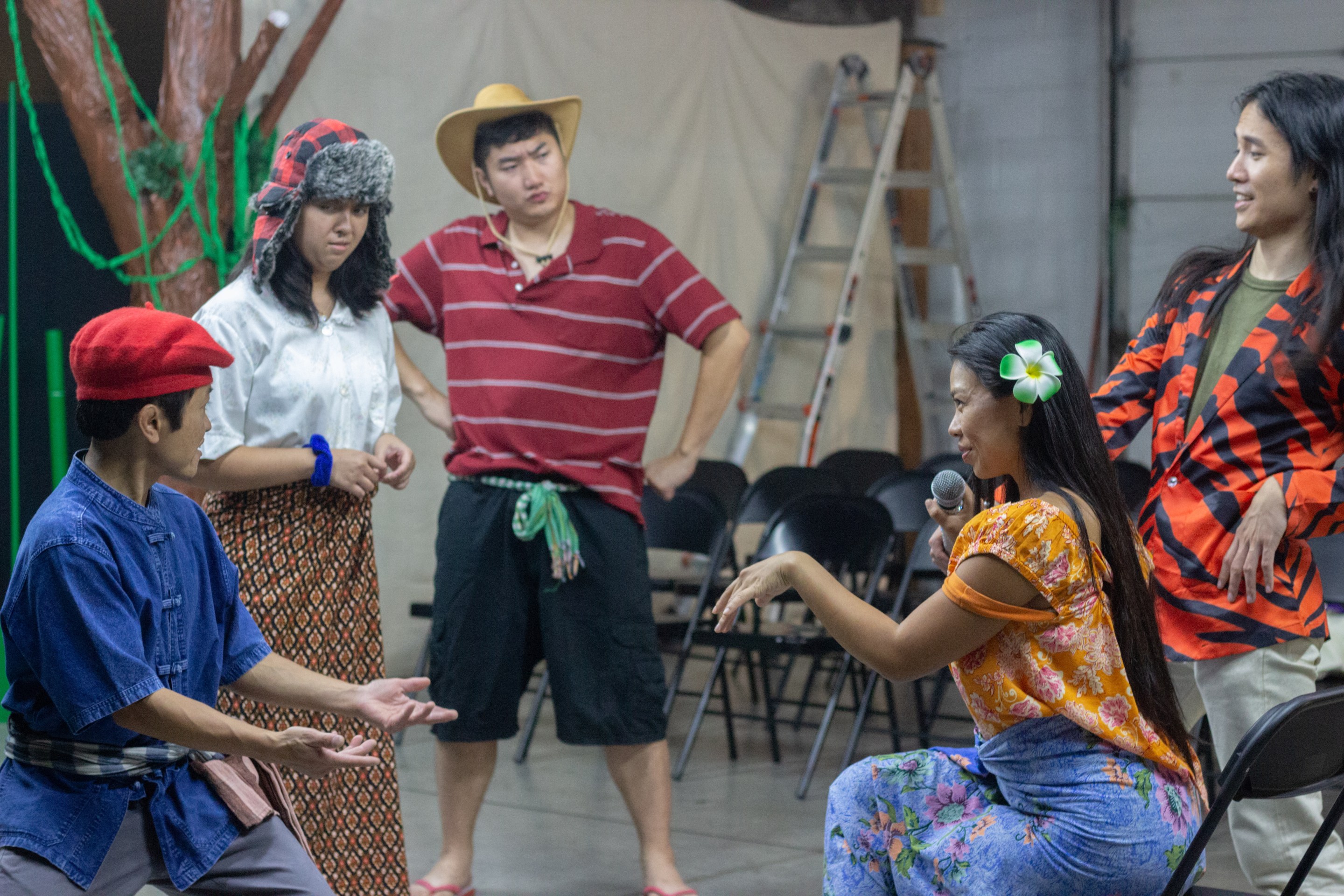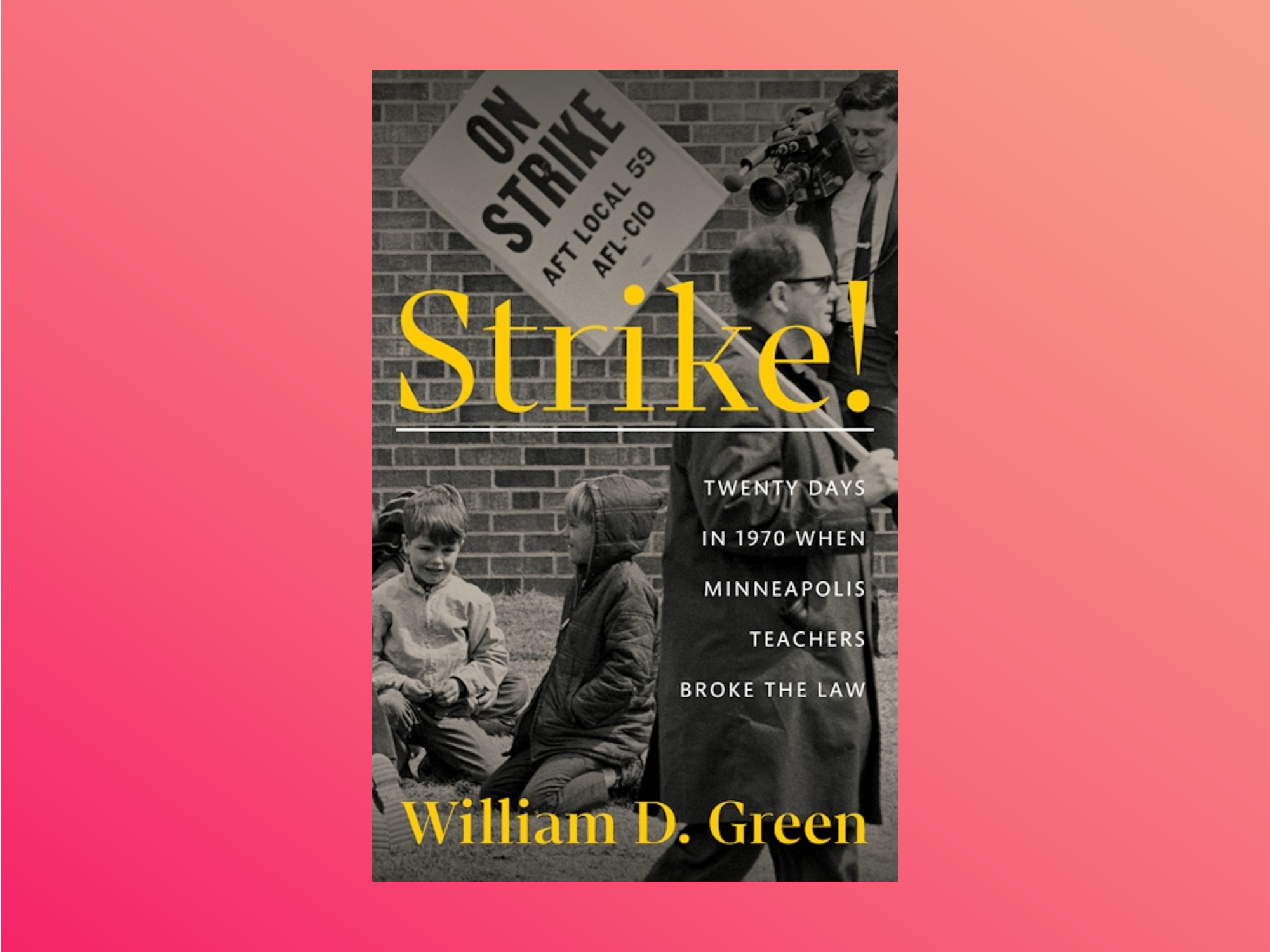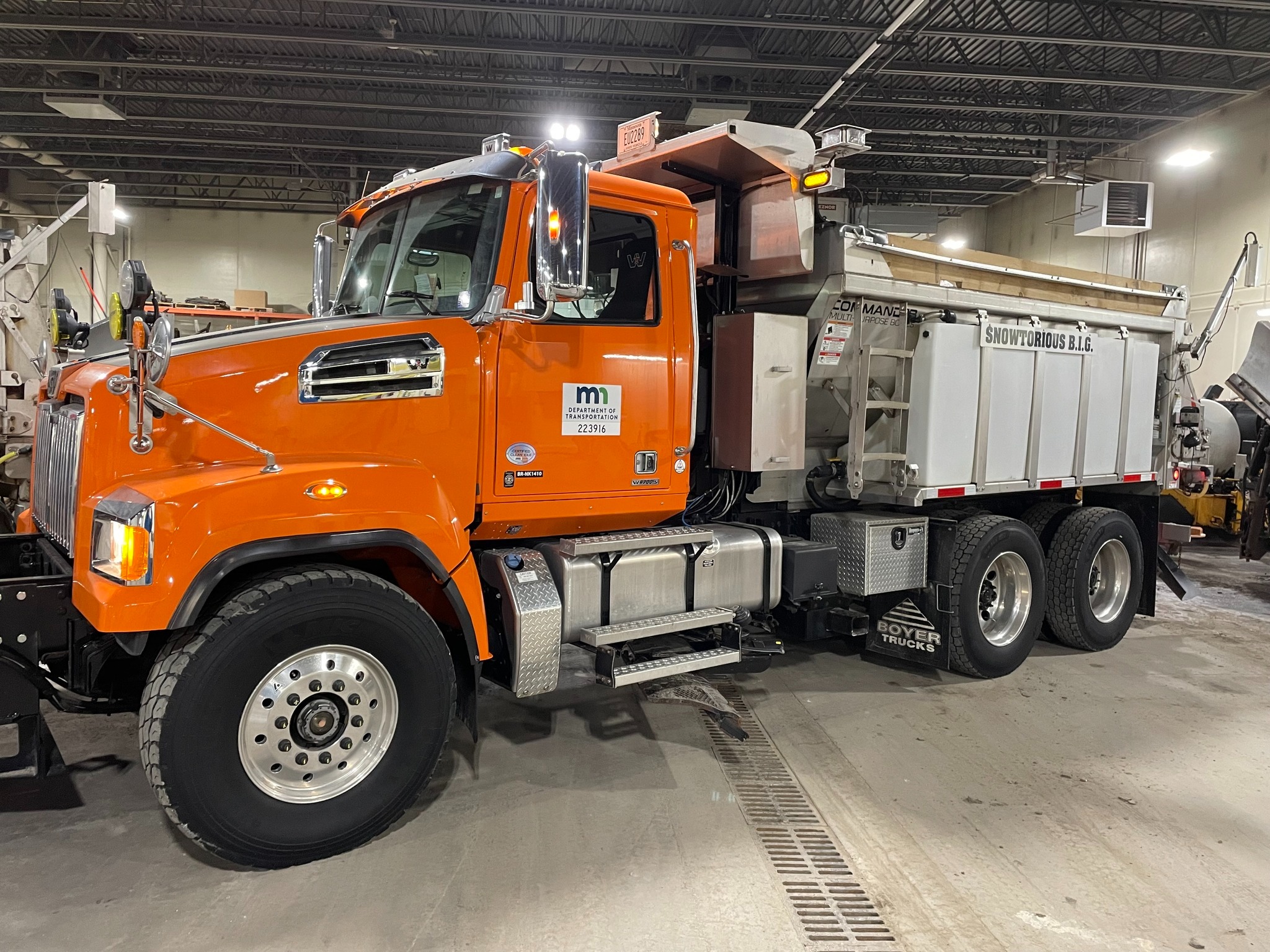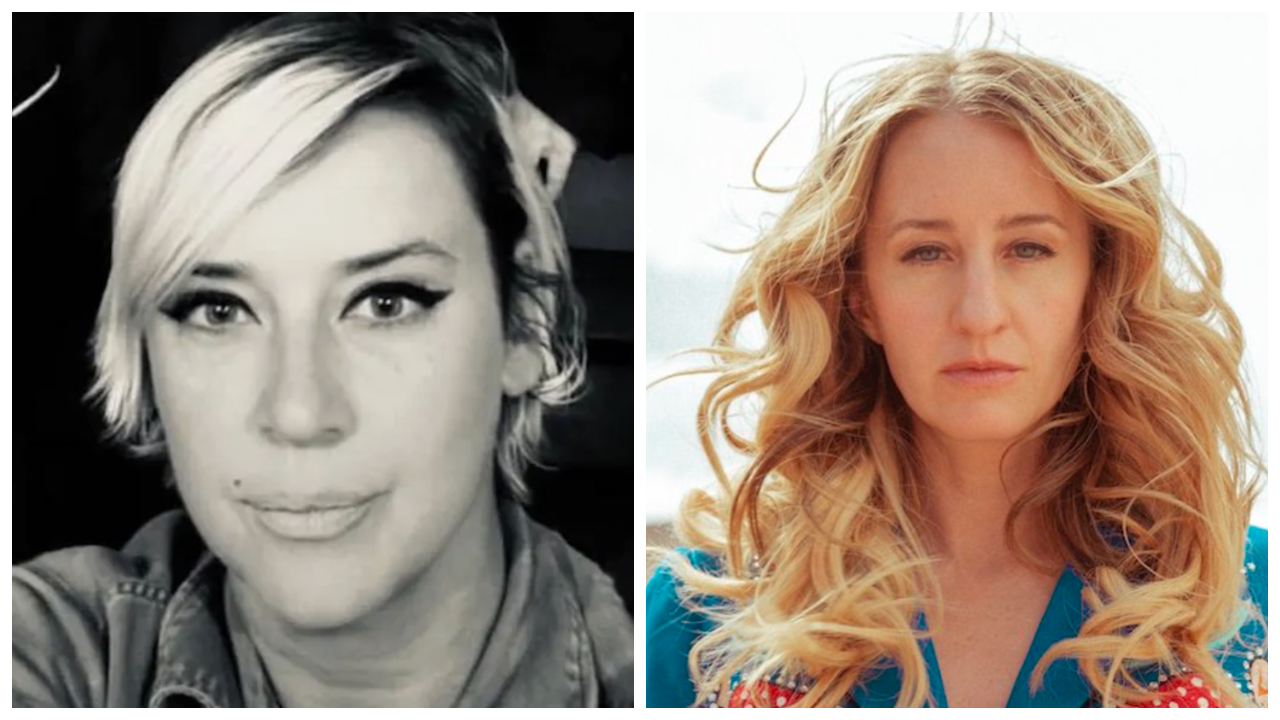Walking into opening night of In the Camps: A Refugee Musical, the smell of fish sauce and excitement was in the air. With a backdrop of sticky rice, papaya salad, and Lao music, Saymoukda Duangphouxay Vongsay has not only brought this audience together to watch a musical; she’s created a cultural moment to celebrate, laugh, and even cry with each other.
Weaving community, history, and culture, Vongsay is on a mission to amplify the underrepresented stories of Southeast Asians on the American stage. An award winning Lao-American playwright and community leader, she is celebrated for her revolutionary art and writing championing the Lao-American community and their stories. Currently, she serves as Theatre Mu’s resident playwright as one of the 13 grant recipients of the prestigious Mellon Foundation National Playwright Residency Program.
Her most recent endeavor is In The Camps: A Refugee Musical, the nation’s first Lao centered musical. Vongsay, a Minnesota based artist, wrote and self-produced In The Camps, collaborating with Lao artists across the country to debut it at Indigenous Roots Cultural Arts Center in St. Paul. It wrapped its second stage of production at the end of September with four sold-out shows and an outpouring of community support.
In The Camps, Vongsay’s first musical, follows the lives of Lao refugees in a Thai refugee camp as they await resettlement. By wielding humor and music, it explores sensitive topics such as war, displacement, and loss.
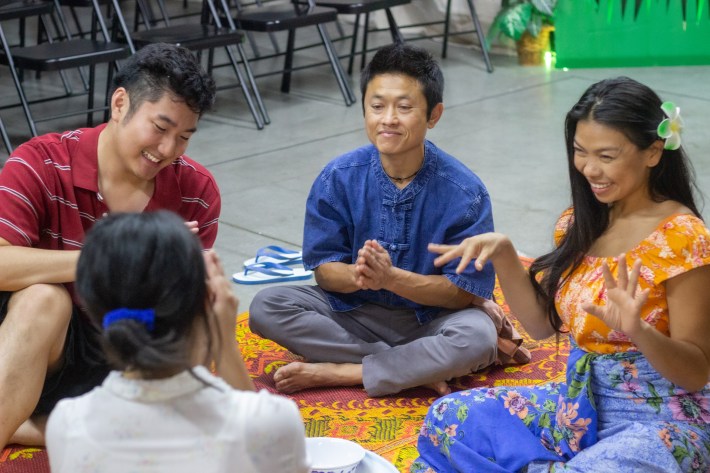
“The origin story of this musical is actually pretty silly, because everybody thinks I must have had a deep conversation with an elder or a survivor and then this idea came to mind,” Vongsay says. She says the idea actually came about in 2017, during a meal with her cousins and friends, when they asked her if she’d ever be interested in writing a musical: “I jokingly answered, ‘Like what? A refugee musical?” The following week, she submitted a grant submission to the Knight Foundation and, later, was awarded a partial share of $1.3 million.
“I wanted a challenge—I’ve never written a musical before. I also knew that there would be some topics that would be difficult for my community to hear. I thought that music would make those difficult things more accessible,” Vongsay explains. “[I wanted to] bring a bit of nostalgia. Good nostalgia … like, what were lives like before the disruption of war for our elders and so many in our community? Music, I think, really helps people to remember the better times.”
From 2018 to 2019, with support from Forecast Public Art, Jerome Foundation, and the Metropolitan Regional Arts Council, Vongsay interviewed elders and survivors in Minnesota, building trust and community over mandarin oranges, Asian pears, and Hennessy. “That year was very precious to me. Folks told their stories, some for the first time, and some more deeply, meaning they really went into the nitty gritty of what happened to them,” she says. After compiling the interviewees’ stories into the first script, stage one of In The Camps came to life during a workshop with Lao actors who performed a stage reading in the summer of 2019.
Vongsay says her first script was “very serious. [There was] no humor, nothing. That was all that I could get out of my body.” The intention was to present the musical in 2020, but was postponed during the height of the pandemic.
She returned to In The Camps this past February, initiating stage two of the production by convening a one-week workshop in Boston as part of her Mellon Foundation residency, working with a network of Lao artists and friends to collaborate and finalize a solid script with songs. Her collaborators included Ova Saopeng (director), C. Meaker (dramaturg), and Ketsana Vilaylack (composer and lyricist). Known as the “Lao Madonna,” Vilaylack is a respected musical icon in both the United States and Laos thanks to her merging American pop/country music and Lao traditional music. It’s a sonic pairing Vongsay wanted to capture for In The Camps.
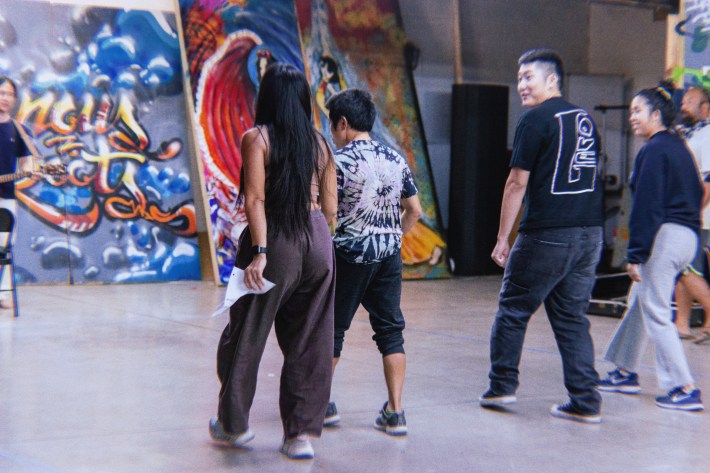
“They read the first script the first day of rehearsal and they said … ‘This doesn’t sound like your voice as a storyteller. It’s missing your trademark humor. Where is the sarcasm? Where is the interrogation of systems?’” Vongsay remembers. She spent the next day writing a new script, creating a completely different version of the musical. During the writing process, Vongsay ventured into the unfamiliar territory of American musicals and made it her own.
“Why does it have to be Les Mis? It doesn’t. It can be how I want it to be,” Vongsay says. “That’s the thing with art. It can be dynamic; it doesn’t have to be static. And you know what? American theater has never seen a musical from a Lao person before. So how would they know? We made a new form.”
With a fresh script, songs, and creative momentum, the production team held auditions in August, and the week after rolled into five weeks of rehearsals. Vongsay reflects with pride: “The actors, the director, it was all them—they really brought it, so much heart and commitment … they were playing more than just a character. They were embodying the stories of our elders and survivors.”
The best part, Vongsay says, is hearing and feeling the resonant impact the musical had on her community. Some audience members shared that similar traumatic stories have happened in their family. Others were able to use the musical to talk to their family about the war for the first time.
Vongsay says she feels encouraged to integrate community feedback and continue developing In The Camps. “Something that I’d love to do is to get funding so I could bring the cast and crew to Laos with me,” she says, using that time to research and have conversations that would honor that history. Phase three, she hopes, will draw inspiration from this trip to expand the musical to an hour and a half and to partner with a producing theater.
Although Southeast Asian performance artists have long existed in Minnesota, Vongsay argues that “for a long time, so many outsiders told our stories for us, wrote our stories for us, [and] performed our stories for us.” However, Southeast Asian artists have combated discrimination in theater spaces by self-producing work that tells their stories.
Vongsay hails from this lineage.
“I feel very optimistic about Southeast Asian stories being on stage. We have the fortitude; we have the business sense to create spaces for ourselves,” she says. “We are not afraid to ask for what we want and need. I see us taking space in American theater, being unapologetic, [and] centering ourselves and our communities.”
